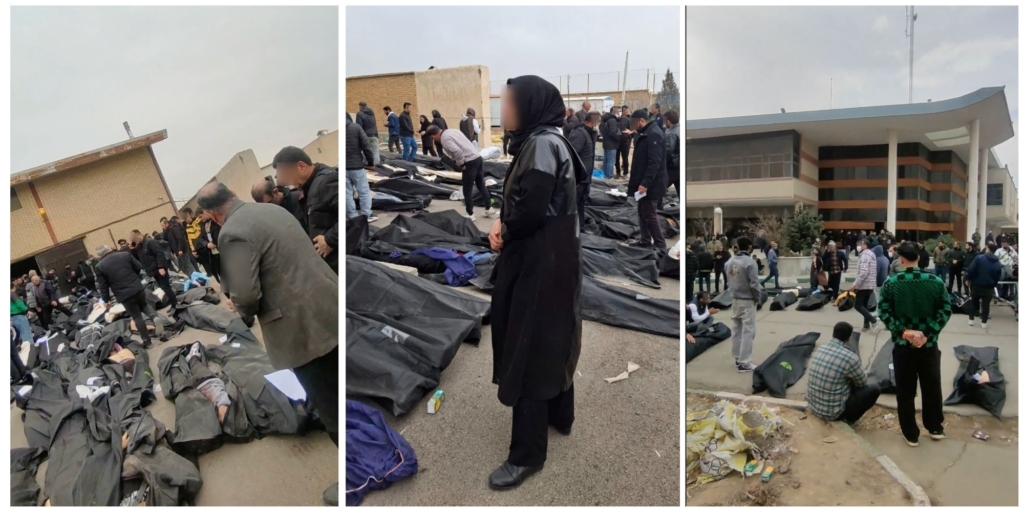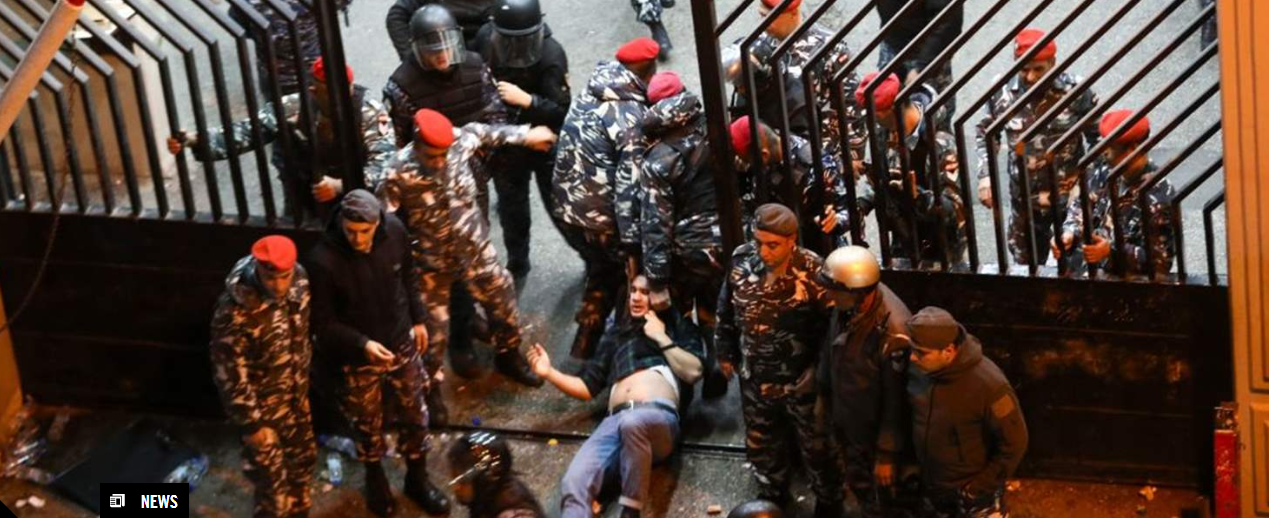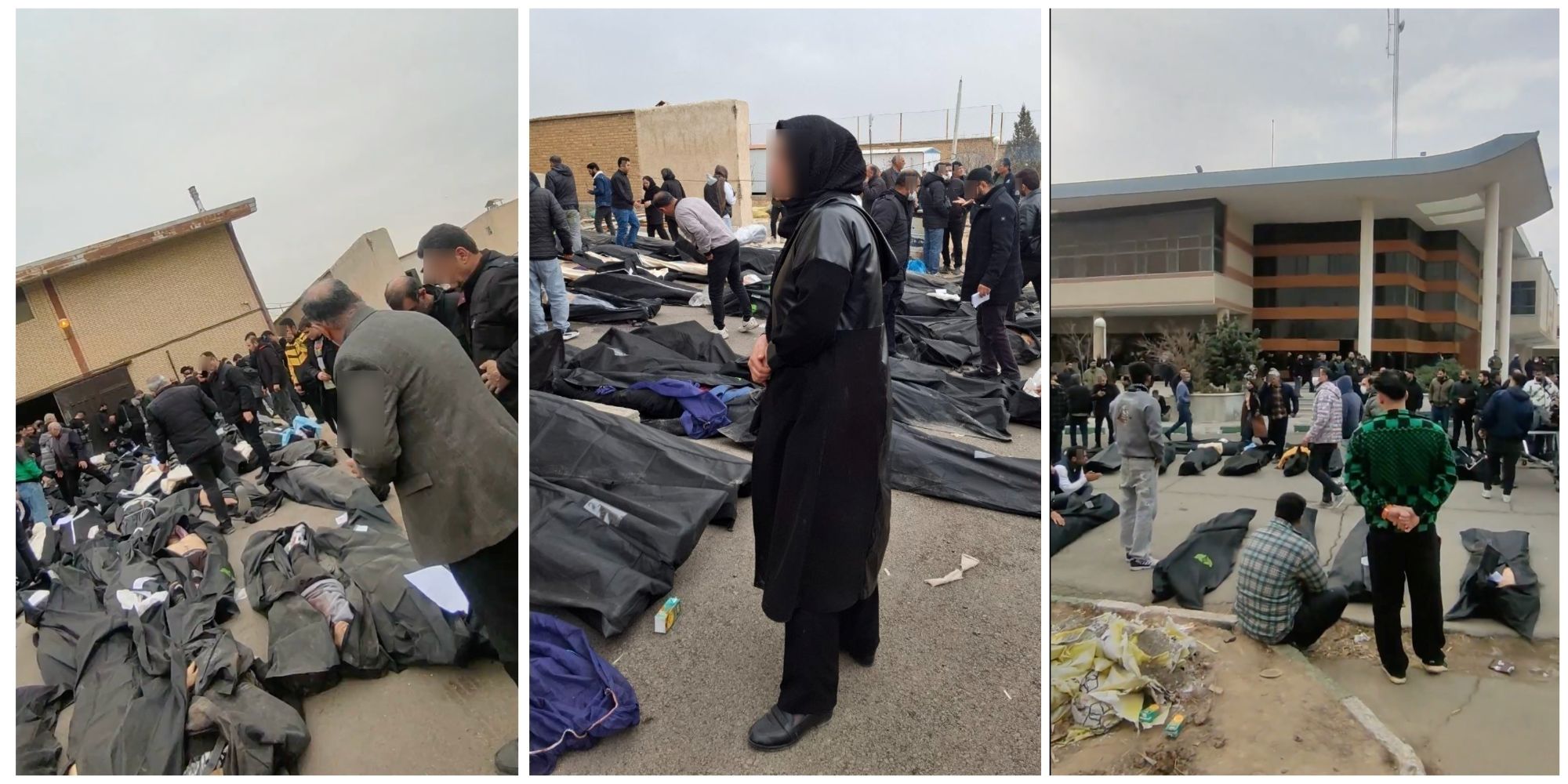The Lebanese Internal Security Forces, including anti-riot police, used excessive and unlawful force against protesters on the nights of 14 and 15 January, subjecting scores of protesters to brutal beatings and carrying out waves of arbitrary arrests of many peaceful protesters after two nights of clashes with a minority of protesters. Lynn Maalouf, Amnesty International’s Middle East Director of Research, said:
“What we have witnessed in the past couple of days is an alarming attack on freedom of assembly and expression. Security forces brutally beat protesters, dragging them on the street into the police station, verbally and physically abusing them; they also fired significant amounts of tear gas in residential areas.
“Acts by a minority of protesters who vandalized banks or threw stones is never a justification for such excessive use of force and sweeping arrests by law enforcement. We are also alarmed that over the past two days security forces attacked at least eight photojournalists and cameramen, threatening and beating them, and also destroying their equipment.
“It has been over 90 days since the beginning of the overwhelmingly peaceful protests amidst the Lebanese authorities’ blatant failure to address protesters’ demands and their concerns about the impact of the economic crisis. We call on the authorities to immediately end the use of excessive force, release immediately anyone detained for peaceful protest, and hold those responsible for arbitrary or abusive force responsible in a transparent and impartial manner.”
Background
The Lawyers’ Committee to Defend Protesters in Lebanon estimates that security forces have arrested as many as 100 people across the country, including five children (under 18 years) since Tuesday night.
The Lebanese Red Cross reported that a total of 47 people were injured on Wednesday night, 37 of whom were taken to nearby hospitals.
The recent escalation took place as protesters called for a “Week of rage”, in reaction to the spiraling economic crisis and what they characterize as the authorities’ failure to take any meaningful measures to address this crisis.
A wave of nationwide protests erupted 17 October 2019 against a ruling class accused of steering Lebanon towards its worst economic crisis since the 1975-1990 armed conflict.






















